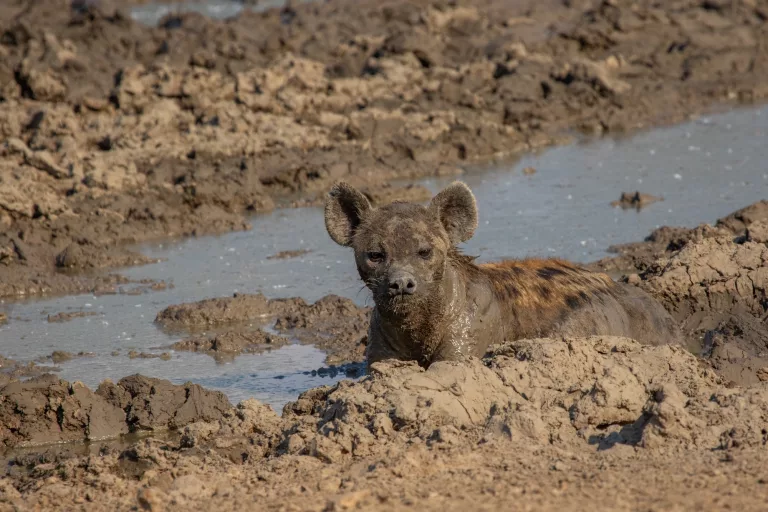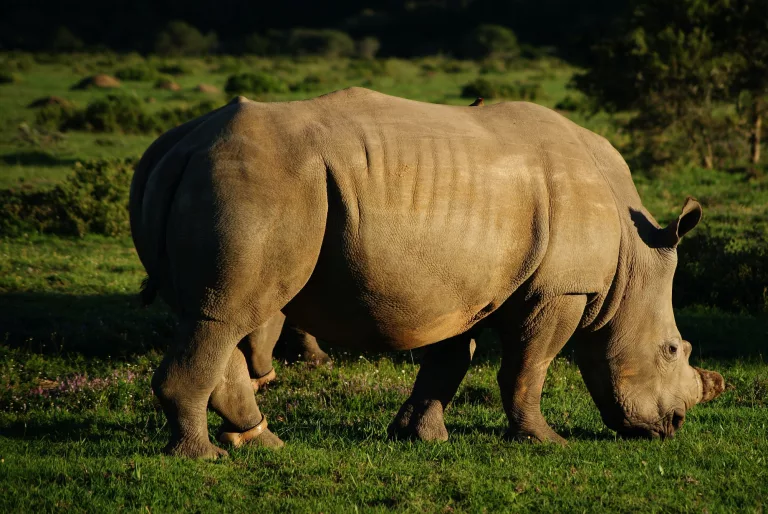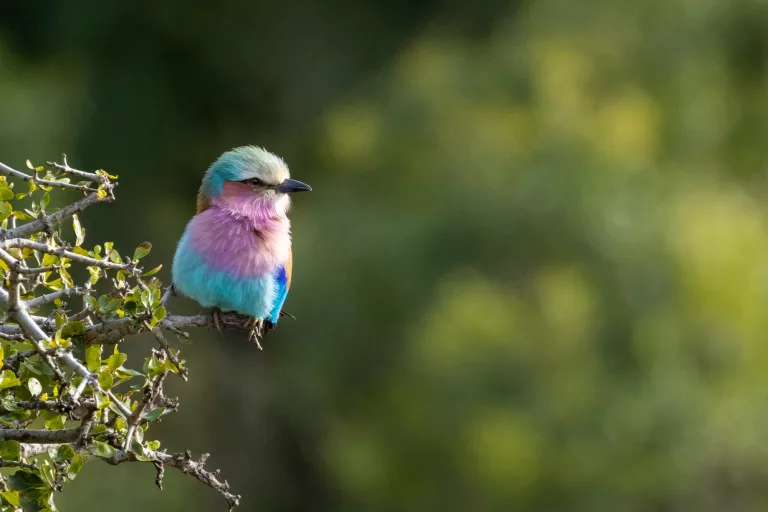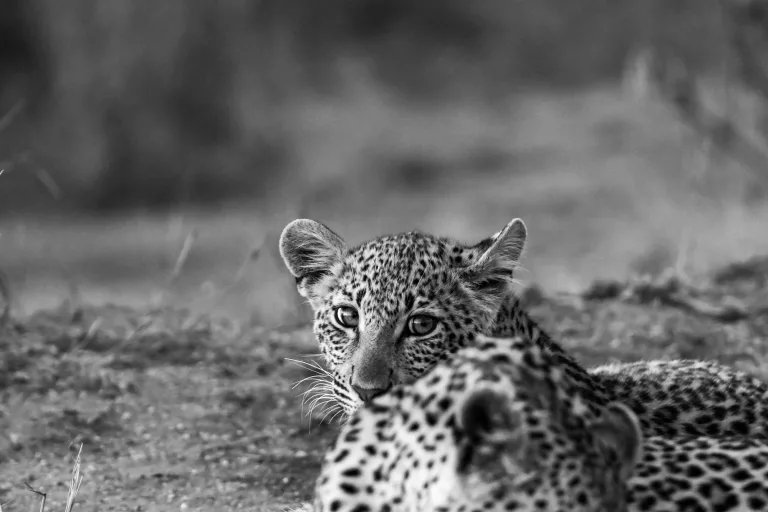There is great debate as nature lovers unanimously agree to disagree on when the best time to visit the bush is.
Of course, we say anytime is a great time to be among wildlife, but there are definite pros and cons to visiting in both winter and summer.
Winter
Game viewing: In many game reserves, winter can offer spectacular viewing opportunities as vegetation is sparse, so many bushes and trees don’t hinder your view.
Watering holes: The wildlife often congregates around watering holes during the dry season, making them easier to spot (especially if you wait around long enough).

Mild temperatures: Winter has cooler weather and allows for more comfortable daytime safaris. You don’t need to compete with the extreme heat when visiting a game reserve in winter. However, nighttime temperatures can drop, making night game drives a shivering affair.
Fewer Insects: Miggies, mosquitos, and flies aren’t as active during the cooler months, meaning you won’t have to contend with too many small, winged creatures.
Lower disease risk: With less/no rain, there are fewer mosquitos, lowering the malaria risk.
Summer

Lush vegetation: The summer rains bring lush greenery throughout game reserves, making the scenery vibrant. Game viewing can become harder, but that also means that the animals you spot are often closer to the road, giving you a good view of the game.
Bird watching: Migratory birds arrive in the game reserves as the weather warms up. Twitchers can spend hours spotting all the different bird species while game-driving.

Baby animals: The animals often birth their young in springtime. Your chances of spotting the cuter, younger counterparts of the adult wildlife are high.
Warmer temperatures: Although the heat can become quite extreme, particularly in January and February, nighttime drives are much more pleasant than during winter.

Pictures: Unsplash
Follow us on social media for more travel news, inspiration, and guides. You can also tag us to be featured.
TikTok | Instagram | Facebook | Twitter
ALSO READ: 10 things to do in the Northern Cape




















